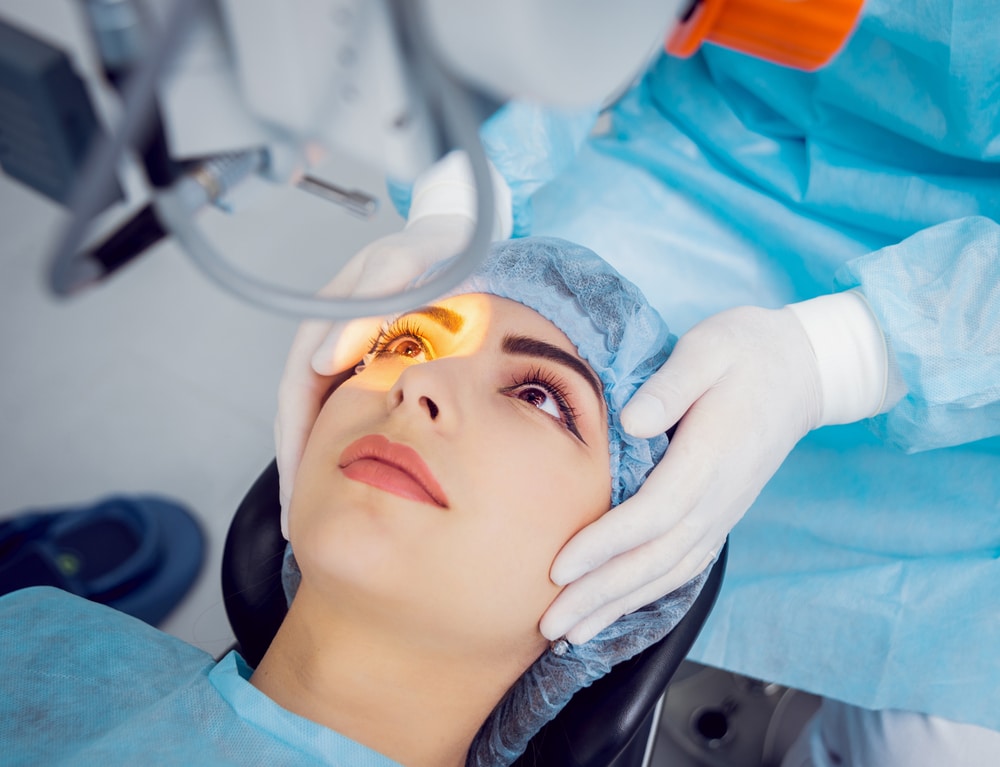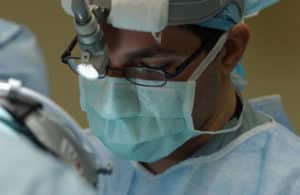Australia’s ageing population sees a rise in many vision-related issues. One of the most common among them is cataracts . Being aware of what entails cataract pre-operative and post-operative visits can significantly calm nerves and set clear expectations. Let’s dive into the essentials of ophthalmology visits on the Gold Coast to ensure you’re well-informed.

What You Need to Know
Cataracts cloud the lens of the eye, compromising the quality of your vision. It’s common for many Australians to face this condition as they age. Fortunately, with modern ophthalmological advancements, cataracts are treatable. The procedure is straightforward, but like any medical treatment, understanding the pre-op and post-op phases is essential. In this guide, we’ll walk you through what you need to know about these stages.
Pre-Operative Visit
The journey to clear vision begins before the day of the surgery. The pre-operative visit is designed to ensure the surgery goes smoothly. Here’s what typically happens:
- Medical Evaluation: This step involves a comprehensive eye examination. Conditions like glaucoma or diabetic retinopathy can influence the surgical approach, so a thorough check is imperative.
- Measurement: Modern cataract surgery requires precise measurements of the eye. These guide the selection and placement of the intraocular lens.
- Discussion: It’s crucial to understand the procedure, its benefits and potential risks. The ophthalmologist will explain the type of intraocular lens to be used, the surgical procedure in layman’s terms and anticipated outcomes and possible complications. This is also the time to discuss any concerns or questions.
- Preparation Guidelines: These might include fasting or specific dietary instructions, discontinuing certain medications and administering pre-surgery eye drops.
The Day of Surgery
The actual cataract surgery is typically swift and painless, thanks to the advanced techniques used today. One such technique includes refractive laser surgery , a laser-assisted procedure ensuring accuracy and minimal discomfort
Immediate Post-Op Care
The first few hours after the procedure are crucial. You’ll be given instructions on what to do and what to avoid, ensuring the eye heals correctly.
Upon completion of the surgery:
- Your eye might be covered with a patch
- You might feel slight discomfort or itchiness
- Ensure no direct pressure or touch to the operated eye.
Post-Operative Visits: Ensuring Recovery & Clarity
The journey doesn’t end with the surgery. Post-operative care is equally vital to ensure a swift recovery and optimal vision. Here’s what you should anticipate post-surgery:
- Follow-up Exams: Post-operative check-ups with your ophthalmologist are essential. They monitor the eye’s healing process, ensuring possible complications or conditions like retinal detachment are not developing. They will also check the intraocular pressure and update your prescription glasses if necessary.
- Medication & Eye Drops: These are prescribed to prevent infections and manage inflammation. It’s vital to adhere to the medication regimen for the best outcome.
- Lifestyle Adjustments: While recovery is usually swift, there are certain strenuous activities, like heavy lifting, that might need to be avoided for a short period. You should also shield your eyes from dust and strong sunlight and be cautious of water entering the eye during showers or baths for the initial weeks.
Conclusion
Whether it’s the joy of reading a book, the thrill of driving along coastal roads or the simple pleasure of seeing a loved one’s face, treating cataracts can restore quality of life. By understanding the pre-op and post-op phases of cataract surgery, you are well on your way to making informed decisions about your eye health.
Considering cataract surgery or have other eye health concerns? Don’t wait. Reach out to Pacific Eye Clinic for a consultation and take the first step towards clearer vision. We provide comprehensive care, addressing a wide range of ophthalmological needs, including diabetic retinopathy, macular degeneration and retinal detachment.
Author

Dr Marc Wei
Dr. Marc Wei is the principal specialist laser and cataract surgeon at Pacific Eye Clinic in Southport on the Gold Coast. He has 20 years of trusted experience in advanced laser cataract surgery and has completed more than 15,000 procedures over the course of his career.

Dr Marc Wei
Dr. Marc Wei is the principal specialist laser and cataract surgeon at Pacific Eye Clinic in Southport on the Gold Coast. He has 20 years of trusted experience in advanced laser cataract surgery and has completed more than 15,000 procedures over the course of his career.



